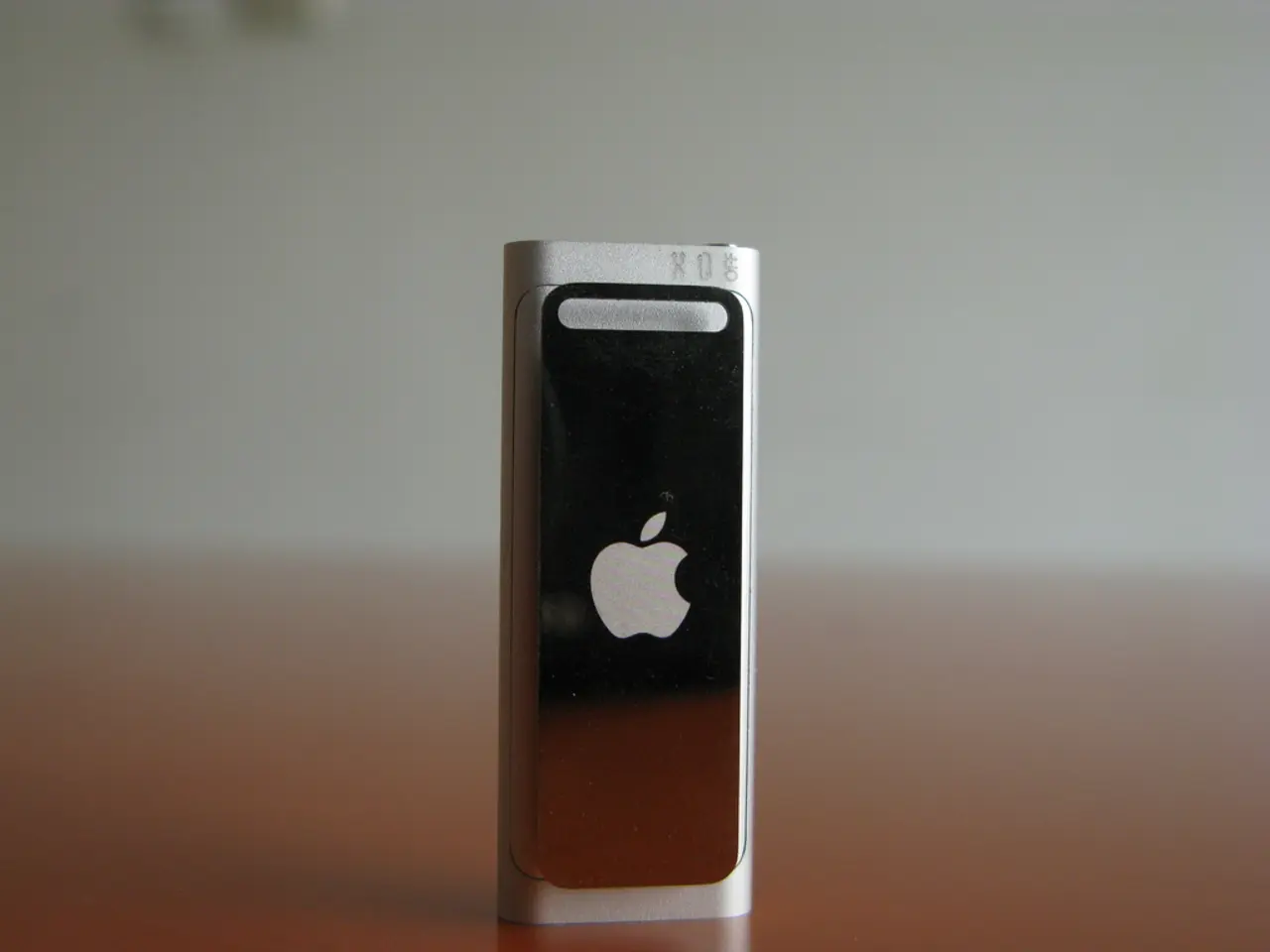AI-Powered Devices Require a Lifecycle Strategy Beyond Simple Optimization
In an increasingly connected world where the boundary between hardware and software is blurred, the foundation for customer trust and operational longevity lies in a robust device lifecycle management (DLM) strategy. Northern.tech, a company specializing in this area, is on a mission to secure the world's connected devices, particularly those powered by artificial intelligence (AI).
As AI devices move to the edge, managing them becomes a challenge due to limited connectivity, strict regulatory requirements, and extended lifespans. Each new capability in AI products introduces a potential attack vector that must be monitored and managed proactively. AI-enabled devices, with their rapidly evolving software layers, require continuous support to function optimally.
In regulated sectors, over-the-air (OTA) update capabilities are crucial for meeting compliance mandates, protecting sensitive data, and maintaining operational continuity. Inference engines, data pipelines, and critical dependencies in AI products need regular security updates and performance optimizations. Organizations must demonstrate coordinated update capabilities, secure deployment practices, and performance oversight across fleets to comply with emerging regulations.
The EU Cyber Resilience Act (CRA) and the U.S Food and Drug Administration (FDA) "total product lifecycle (TPLC)" framework mandate secure update mechanisms, complete transparency around software components, and ongoing vulnerability management. Maintaining detailed software bills of materials (SBOMs), establishing reliable update pathways, and demonstrating granular control across the entire product lifecycle empowers Original Equipment Manufacturers (OEMs) to manage complex products while staying secure and compliant.
Prioritizing strategic device lifecycle management, from the earliest stages of product development to the final device decommissioning, positions organizations to build products that can adapt and evolve as rapidly as the AI technologies incorporated. Without a robust DLM strategy, AI-powered products risk becoming untenable liabilities, draining resources, compromising security, and exposing businesses to unmitigated risks.
A comprehensive DLM framework enables manufacturers to deliver secure OTA model updates, firmware patches, and security fixes remotely while maintaining continuous visibility into device and fleet health throughout the product's lifecycle. Thomas Ryd, the CEO and co-founder of Northern.tech, is at the forefront of this movement, working tirelessly to ensure that businesses can innovate faster, reduce operational risk, and maintain user confidence, which is essential for long-term success in competitive markets.
Thomas Ryd's association with Northern.tech extends beyond his role as CEO. He is also a respected member of the Forbes Technology Council, an invitation-only community for world-class CIOs, CTOs, and technology executives. With his expertise and leadership, Northern.tech is poised to play a significant role in shaping the future of AI-enabled devices.
Read also:
- Musk threatens Apple with litigation amidst increasing conflict surrounding Altman's OpenAI endeavor
- Transitioning to Electric Vehicles Places Heavy Demand on Power Grids
- E-mobility continues its progress after a decade since the scandal, staying on course
- The Commission deems the assistance program to be in agreement with the domestic market regulations.







